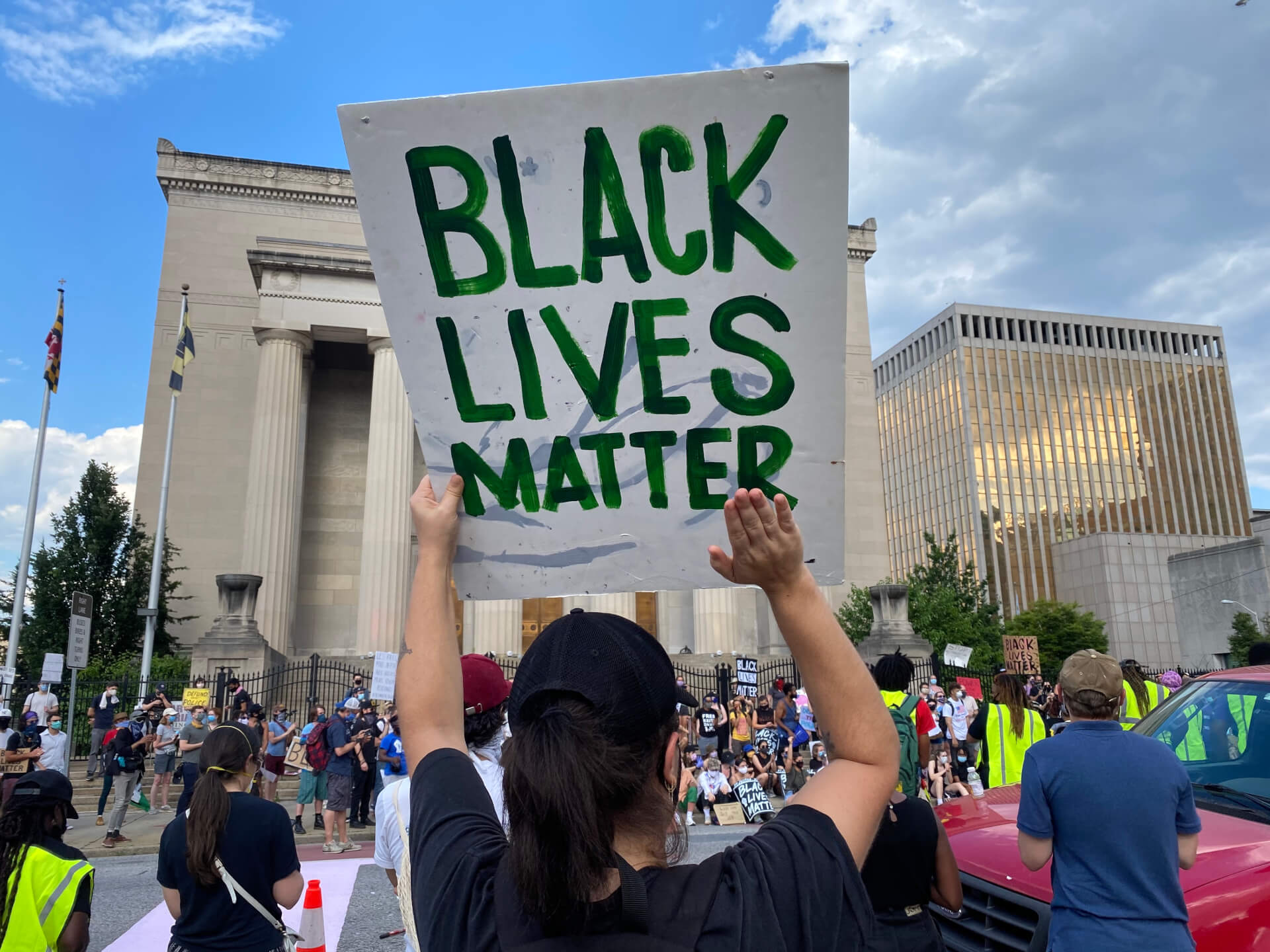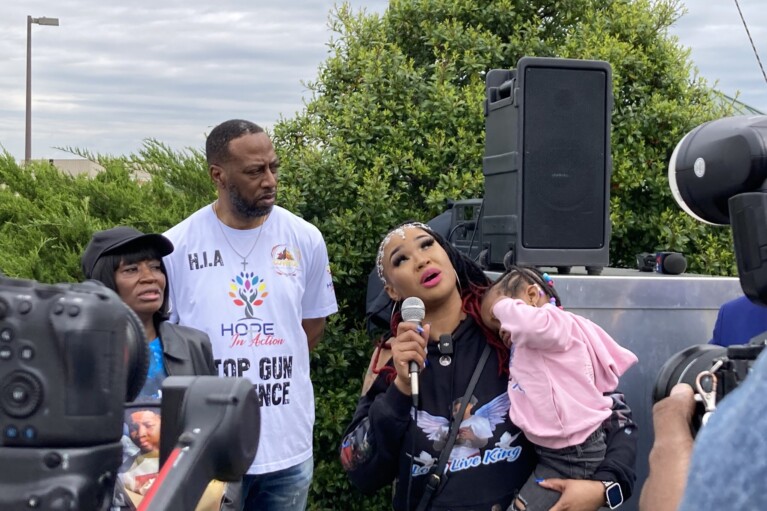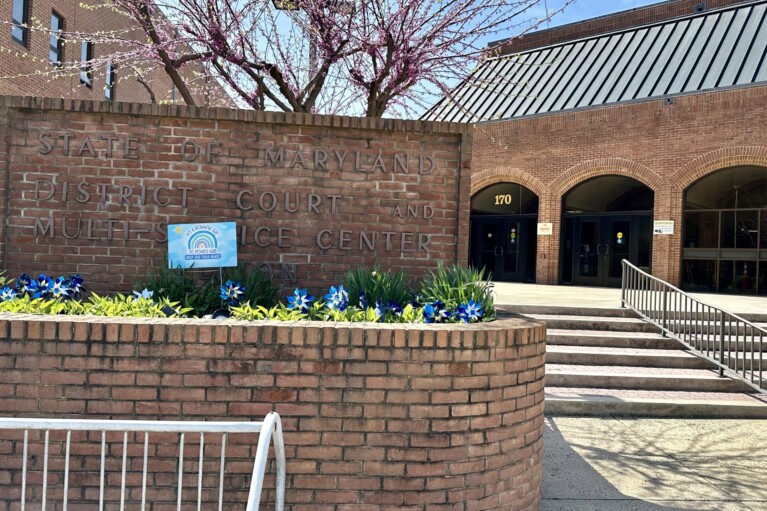Opinion: Five Demands for Police Accountability in Maryland (And How You Can Help)

In the last few years, there have been several promising police reform bills in Maryland. They defined the appropriate use of deadly force and allowed the public release of misconduct investigation records, and they had the support of victims and their family members.
For various reasons, none of these bills ultimately passed, but advocates and lawmakers now have new energy behind police accountability in the current legislative session. In addition, a coordinated effort by everyday citizens might also help these reforms become law.
This year, a coalition of over 90 Maryland advocacy groups has rallied around a mission statement of five specific demands. Some demands are recommendations from the special Police Reform and Accountability Workgroup, which convened late last year. Others are proposals supported by survivors statewide, who experienced police brutality and are determined to change the system. Here’s a very brief summary of these demands:
- Repeal the Law Enforcement Officers’ Bill of Rights, which provides overly-generous protections for officers under investigation for misconduct
- Return control of the Baltimore Police Department to Baltimore City
- Publicly release records of police misconduct investigations (known as Anton’s Law)
- Establish a Use of Force policy, allowing deadly force only when absolutely necessary
- Remove police officers from schools, and re-invest the funds into school support staff
Energized by the events of 2020, the coalition is undertaking a flurry of advocacy and outreach this year to help realize these demands. But despite the groups’ new momentum, lawmakers may again grapple with some of the same opposing arguments from previous years. Familiar debates are resurfacing in committee testimony, and while advocates are extremely determined, passing these bills may come down to ordinary citizens becoming advocates themselves.
There is overwhelming public support for these reforms — one recent poll showed 87% of Marylanders support a public database of officer misconduct records. A flood of favorable testimony might help reinforce that narrative, and help legislators see how many people want these reforms. But that flood of testimony will only come if ordinary citizens take the time to write it.
The more people who talk to their reps, the more people who share their personal stories and ask for change, the better the chances of getting that change. Marylanders must focus their enthusiasm into a strategy, and really sell the narrative that everyone is asking for these laws.
The tools for this might look familiar:
- Write, call, or email state legislators and ask them to support these bills (find your legislators here: mdelect.net)
- Ask for a meeting with state legislators and ask them to support these bills
- Submit written or oral testimony in favor of these bills
- Get friends and family to do the same
These might seem like daunting tasks, and sometimes they can be. But legislators and their staff are often warm people who listen respectfully to constituents’ requests. Nonetheless, some Marylanders may prefer to submit written testimony, which requires no personal interaction and is badly needed for all of the police accountability bills.
These actions do take time out of our days, but we can weigh that against the possibility of saving lives and making real change. This author has found that testifying and encouraging others has been a uniquely fulfilling experience, and he hopes that other Marylanders might try it, too.
Click here for bill numbers, important dates, and more information on the five demands.
Click here for instructions on how to submit written testimony.
— CHRIS APPLE
The writer is a member of the Greater Baltimore Democratic Socialists of America, one of the organizations in the Maryland Coalition for Justice and Police Accountability.




 Creative Commons Attribution
Creative Commons Attribution